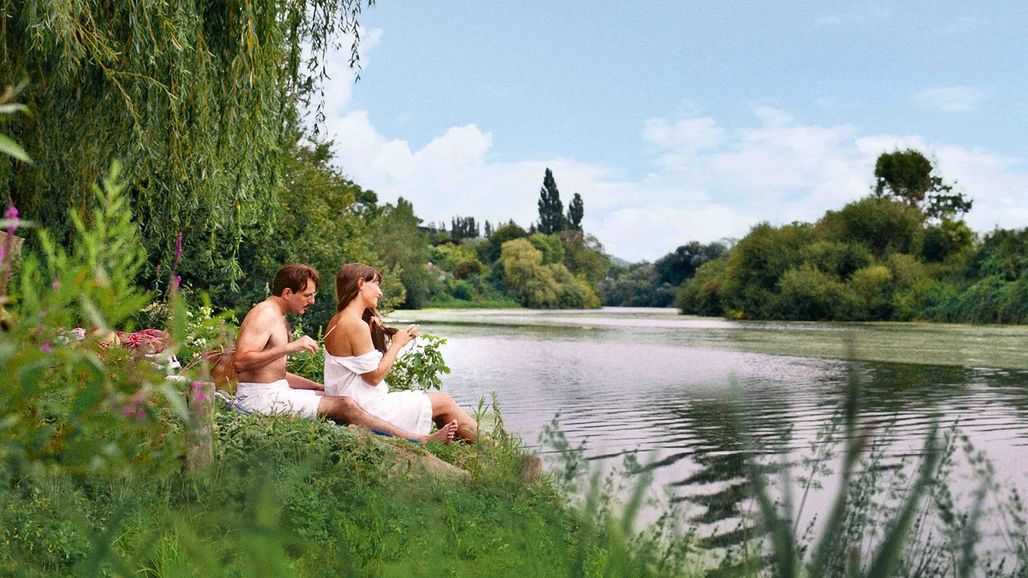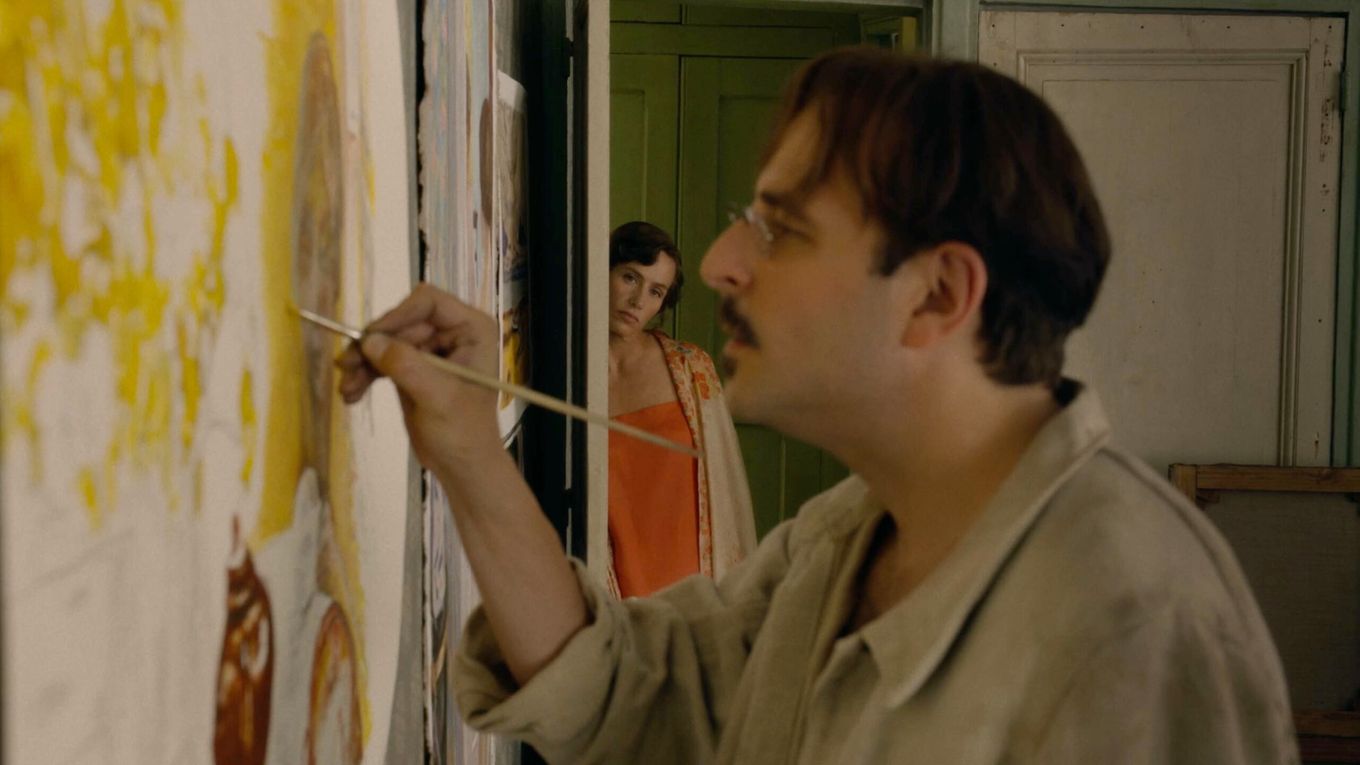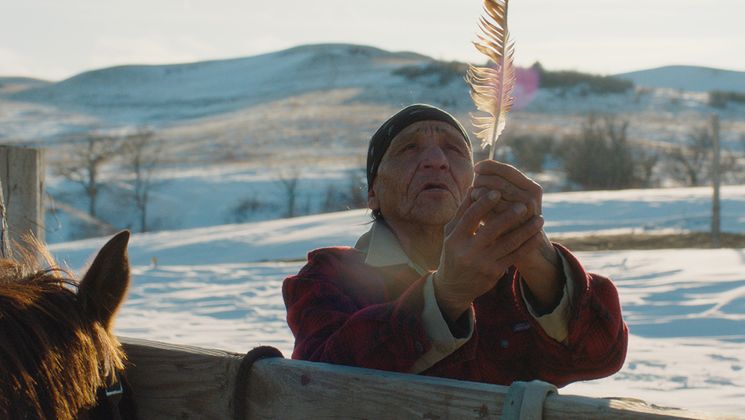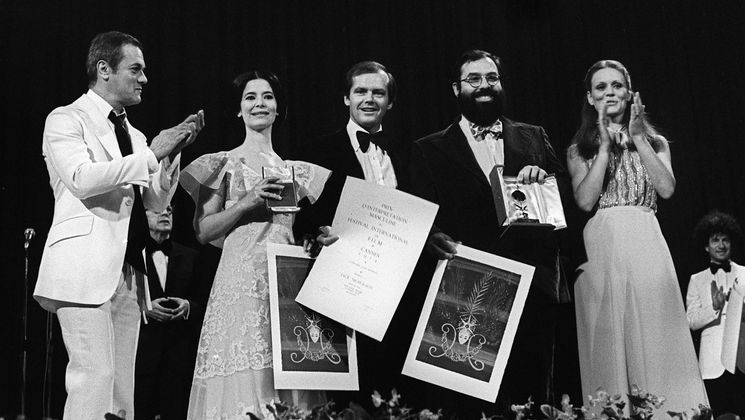
Bonnard, Pierre and Marthe, interview with Martin Provost

After winning the César Award for Best Film in 2009 with Séraphine, Frenco-Belgian director Martin Provost examines another artist’s life in Bonnard, Pierre and Marthe. Starring Vincent Macaigne and Cécile de France, this dual biopic screened at Cannes Première explores five decades of the passionate and artistic relationship between Pierre Bonnard and his wife Marthe de Méligny, who appears in most of the painter’s works. Waiting for its French theatrical release on January 10, read its director’s interview.
What was the inspiration for the film? Is it an idea you had had for a while?
After Séraphine, I was approached by Marthe Bonnard’s grand-niece, who wanted me to make a film about her great-aunt. She felt Marthe hadn’t been given the recognition she deserved for her part in her husband’s work. I had just finished one film about a painter, and so I didn’t want to start another so soon after. The project began to really take shape during lockdown.
As you researched this artist couple, what jumped out at you?
Marthe lied about who she was: she passed herself off as a bankrupt Italian princess. It’s hard to say whether Pierre Bonnard believed her, or whether he was pretending. It’s easy to judge others, but a couple’s inner world is mysterious, sacred even. With this film, I tried to tap into that mystery.
Did Pierre Bonnard’s work influence the film’s photography?
Of course. Pierre Bonnard was all about light, and so Director of Photography Guillaume Schiffman and I set out to try and capture a unique form of light you don’t see in period films, the kind of light you see around you. It’s a film that’s brimming with light.
Bonnard, Pierre et Marthe was an opportunity to collaborate with a few new people, too. What prompted you to choose Vincent Macaigne and Cécile de France as your leading actors?
Vincent Macaigne and I had an urge to work together, despite everyone telling me he had nothing in common with Pierre Bonnard. I took that as a challenge: I like transforming people, as I did in my earlier films. When Ben Kingsley played Gandhi, it was a metamorphosis. I think Vincent Macaigne has that same ability, and he proved so in the film.
Meeting Cécile de France, I found her utterly radiant. I knew she would be able to lend Marthe a little something you don’t initially see. That added an extra dimension, an enigmatic, eternal layer to the couple.
What is it about artists’ portraits that fascinates you?
I want to show that you can become an artist even with humble beginnings. Violette Leduc did it. Séraphine was a housekeeper. I like self-taught talents who dare to shrug off the shackles of social convention to climb the ladder. That’s precisely what Marthe Bonnard did, and her life was exceptional.
Do you have to understand Pierre Bonnard to fully appreciate his work?
I don’t think so. Trying to intellectualise everything is one of the great failings of our times. I think a work of art is something you take in, something intuitive. Paintings and films aren’t intellectual, they’re physical, sensual. They stir emotion and can even lead you to places you didn’t know.



